Students with disabilities in Burundi have expressed frustration over the challenges they face in accessing education on equal terms with their peers. A major issue is the lack of infrastructure and learning materials suited to their specific needs. While the Ministry of National Education acknowledges some of these challenges, it insists that a policy to promote inclusive education is already in place.
Keffas Nshimirumukiza, an amputee who lost his right leg when he was in his fifth year of primary school, now studies in the third year of post-primary science at Kayanza High School in the north of Burundi. He explains that navigating the school and hostel presents challenges that non-disabled students don’t face. “I can’t perform certain activities that other students without disabilities do, such as going to the exam room or the dining hall,” he says.
Another issue Nshimirumukiza faces is the lack of adapted facilities, such as toilets. “To get to the toilet is difficult because the facilities are designed only for people without disabilities. This is a real problem for me,” adds Nshimirumukiza, whose leg was amputated at the thigh.
Cécile Uwizeye, an albino student in her second year of electronics at the same school, also struggles with the effects of her disability, particularly with her vision and skin during periods of intense sunlight. “I have vision problems in class, and I can’t take notes at the same pace as others,” she says.
Notre Dame de la Sagesse High School in Gitega is one of the pilot schools chosen for the government’s inclusive education program, hosting over a hundred students with various disabilities. These students, like those at Kayanza High School, face challenges similar to those described by their peers since the beginning of the current academic year, according to local radio station Bonesha FM.
The Ministry of National Education and Scientific Research, however, maintains that progress is being made in promoting inclusive education. Patrice Tuhabonyimana, director of the department in charge of inclusive education, stated, “Today, every student with a disability has the right to study in a boarding school, regardless of the score obtained in the 9th-year primary school exam, to ensure proper learning.” He also highlighted the ongoing training of teachers and the provision of appropriate teaching materials.
Despite these advances, Tuhabonyimana acknowledged ongoing challenges. “We still have access issues for our students; many schools have stairs, which is a challenge for students who use wheelchairs,” he said.
The Ministry currently reports the establishment of around thirty satellite schools for inclusive education and 16 specialized centers across the country, with one based in Gitega central province.

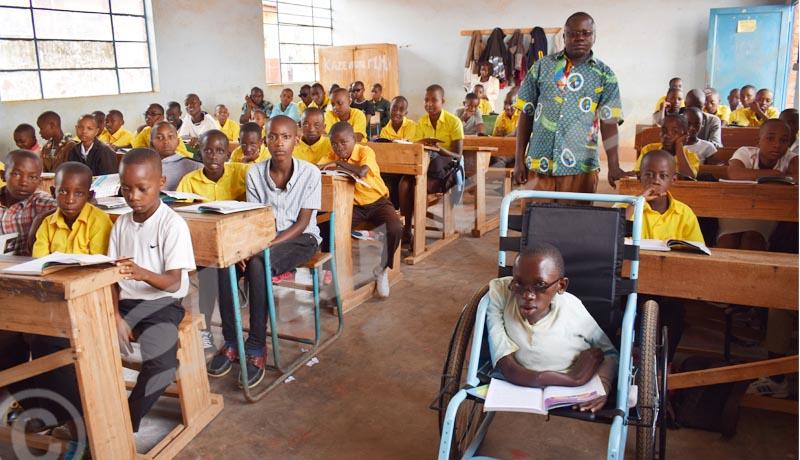
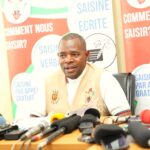
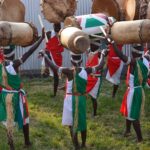
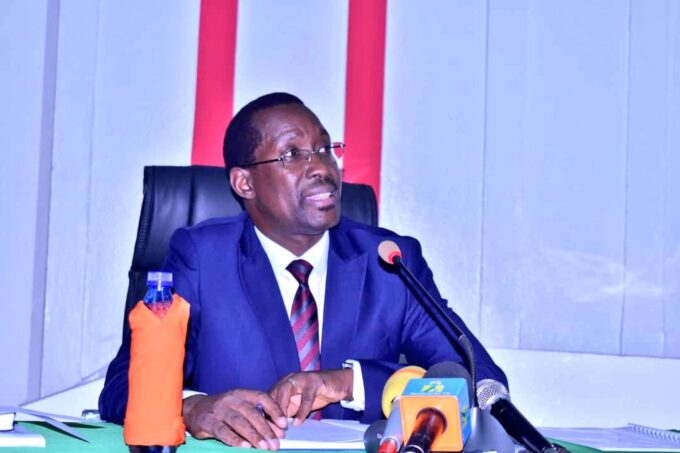
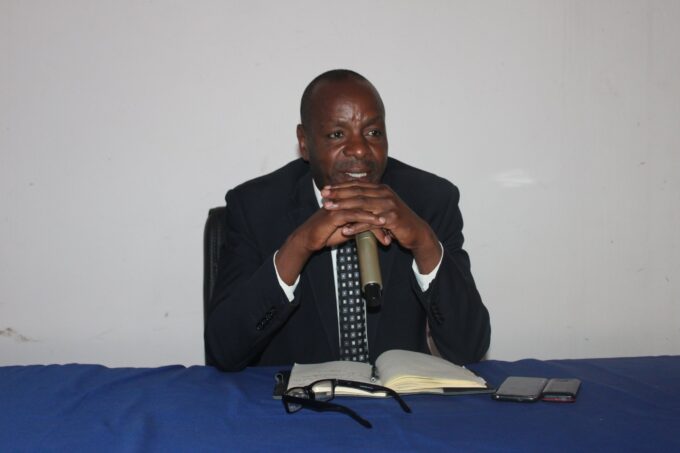
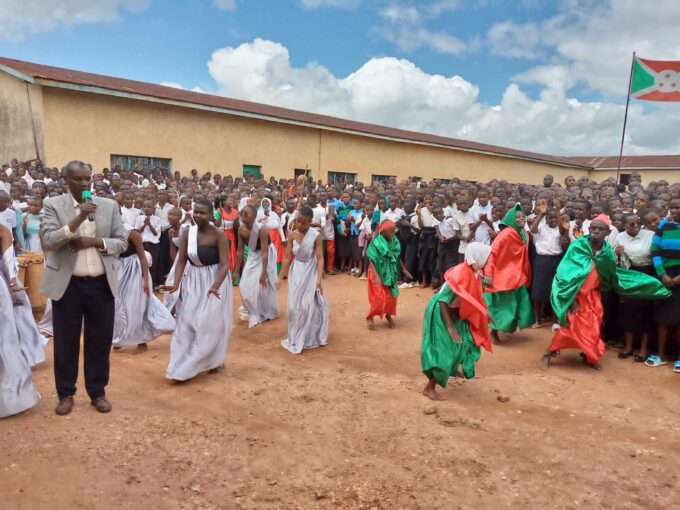
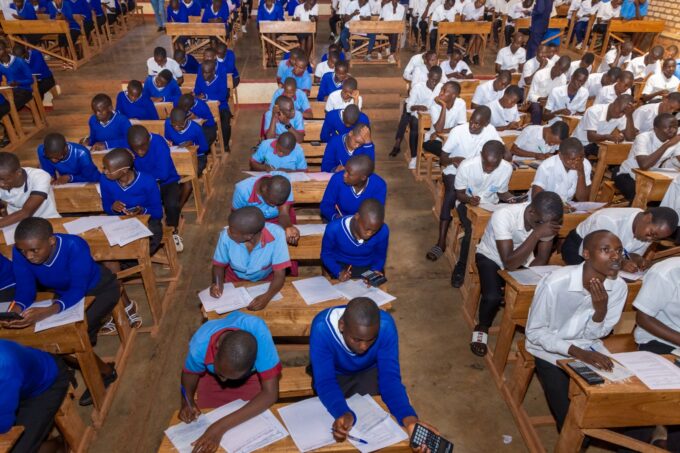
Leave a comment